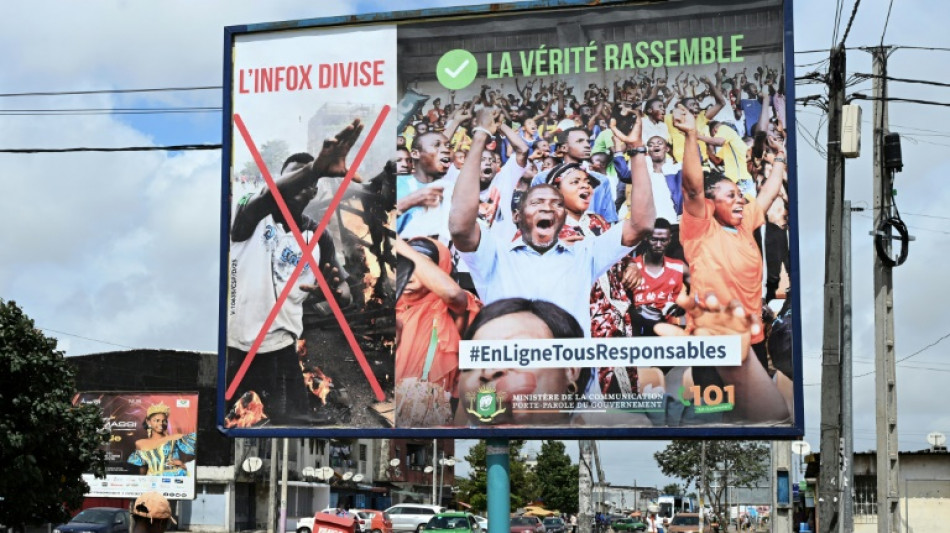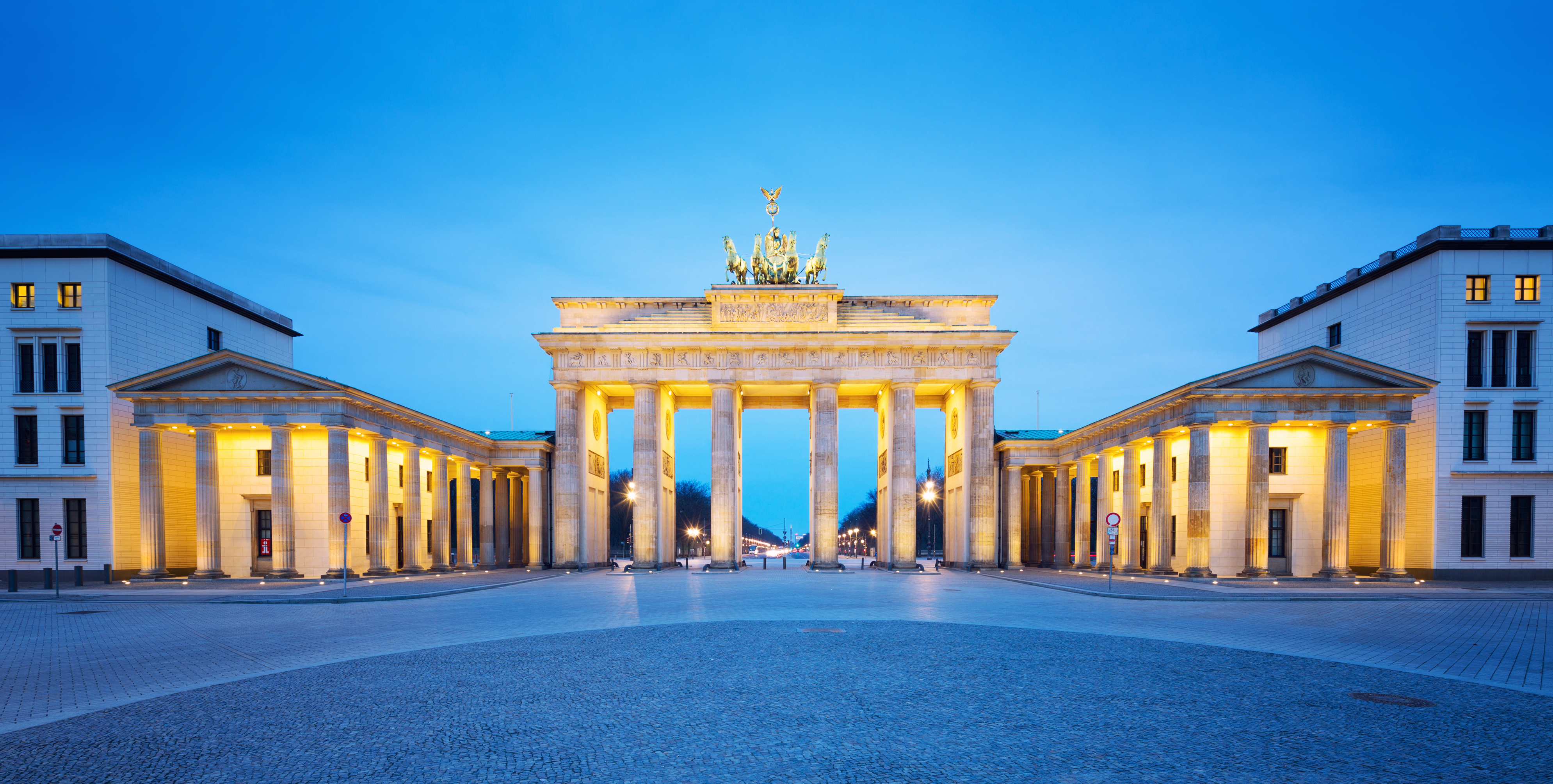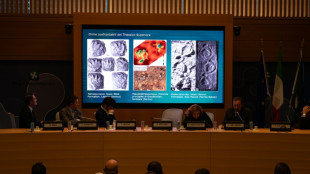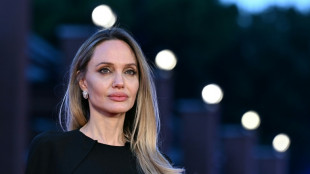

Sahel juntas in online bid to disrupt Ivory Coast poll
With less than a fortnight to go before Ivory Coast's presidential election, three other west African states -- all ruled by military juntas -- have been waging a disinformation campaign to disrupt the vote.
Accounts linked to the juntas in Burkina Faso, Mali and Niger have, among other things, announced the (fake) death of Ivorian President Alassane Ouattara and alerted followers to a (fictitious) coup.
In August, several accounts with total followers in the tens of thousands "attempted to show there had been an insurrection to incite unrest" in Abidjan, Ivory Coast's National Agency for Information System Security (ANSSI) said.
At the time thousands of opponents were protesting peacefully against Ouattara's re-election bid in the city, the economic capital of Ivory Coast.
One Burkinabe group with 116,000 followers alleged "gunshots were reportedly heard in the west of the city and dozens of people were killed".
Ouattara staunchly opposed the coups of 2020-2022 that brought the military to power in Burkina, Mali and Niger, which recently joined forces as the Alliance of Sahel States (AES).
In March, a disinformation campaign alleged Ouattara had died.
While not all voters swallowed the story outright, the operation appeared intended to sow doubts in their minds about the 83-year-old incumbent's physical ability to continue as head of state.
That campaign was spearheaded by a Burkinabe account that used fake screen captures purporting to be from French broadcaster France 24 and a falsified graphic attributed to pan-African weekly magazine Jeune Afrique.
The fake visuals were shared widely by cyberactivists close to the opposition, which has urged its followers to demonstrate across the country ahead of the October 25 election.
"According to our investigations, the accounts responsible for this (disinformation) campaign are mainly identified as having links to Burkina Faso and its supporters," the ANSSI said.
Burkina Faso also has a group of highly influential cyberactivists sharing the military junta's propaganda on social media.
It is known as the Rapid Intervention Communication Battalion (BIR-C) and is run by US-based Ibrahima Maiga, who has 1.3 million followers on Facebook.
- Bid to discredit democracy -
"Independent analyses and probes have uncovered accounts linked to the... military juntas and in some cases controlled by them, including individuals directly linked to the Burkinabe junta, such as the two brothers of (junta leader) Captain Ibrahim Traore," a security analyst in the region told AFP.
Traore's younger brother Kassoum is in charge of the captain's social media communications.
He is suspected of being behind the BIR-C along with older brother Inoussa, Traore's special advisor in charge of the digital economy, the researcher continued.
"The key to the success of the BIR-C is their ability to seize on current events, turn them into distorted and manipulated content, and spread this via very active accounts with a huge audience in a coordinated and rapid manner," said Jeremy Cauden, co-director of Afriques Connectees, an online reputation management firm in Abidjan.
Accounts supportive of the military leaders of Burkina, Mali and Niger enthusiastically share online criticism of their Ivory Coast counterpart.
In addition to opposing the 2020-2022 coups, Ivory Coast maintains good relations with France -- the former colonial power in all four countries -- which the region's military rulers have shunned in favour of closer ties with Russia.
"Among key narratives that have emerged is allegations of a military coup, an uprising against Ouattara shortly before he confirmed his fourth term bid and claims that France is directly funding his presidency," said Beverly Ochieng, an analyst at Control Risks.
"Destabilising the Ivorian electoral process allows juntas to divert attention from their own (promised political) transitions and justify them continuing to hold onto power by discrediting neighbouring democratic alternatives," the security analyst in the region said.
While no-one appears to have documented direct involvement by Russia, researchers note that Moscow has already helped the military rulers of the three Sahel states mount propaganda operations.
One Ivorian security source told AFP that to tackle the disinformation campaigns, the national authorities have set up a system designed to identify threats, analyse their impact and determine how to respond.
Details of the plan, which will continue during and after the election, remain confidential.
But the source said there had already been legal action and "prosecutors are dealing with it".
V.Schulte--BVZ



